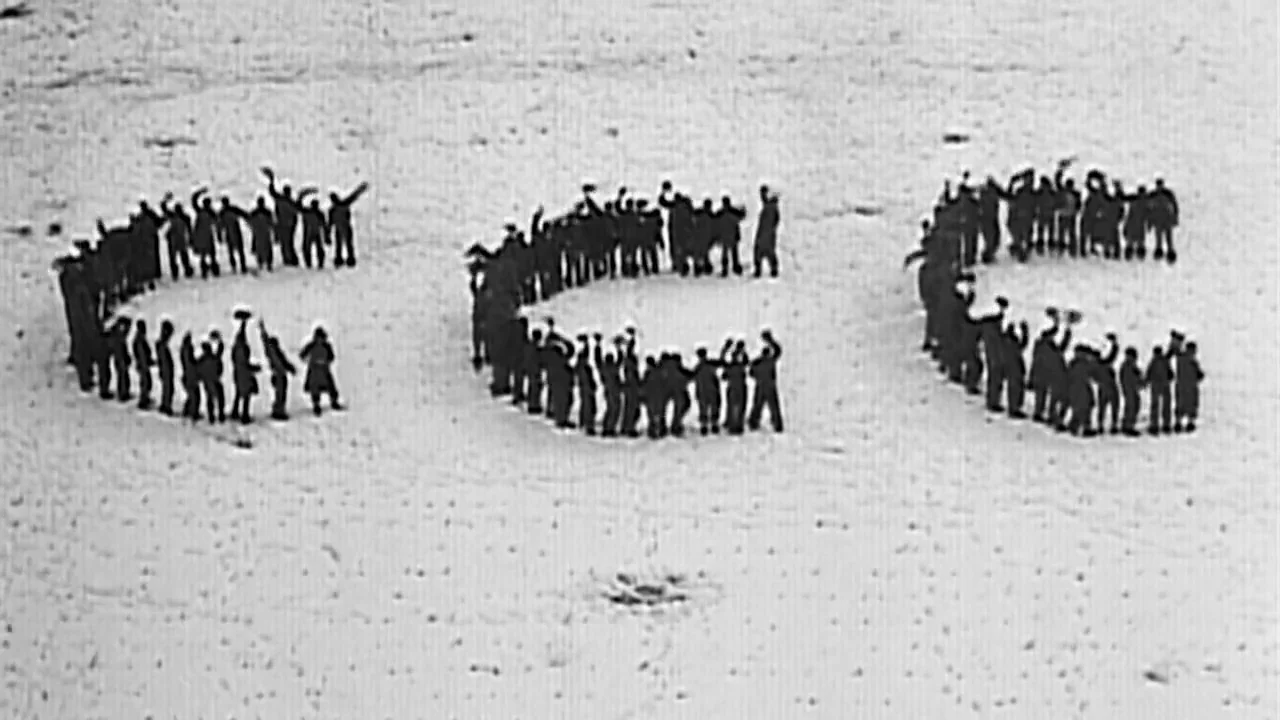March 1933, within weeks of his inauguration, President Franklin Roosevelt sent legislation to Congress aimed at profiting relief for the one out of every four American workers who were unemployed. He proposed a Civilian Conservation Corps (CCC) to provide jobs in natural resource conservation. Over the next decade, the CCC put more than three million young men to work in the nation’s forests, parks, and farms: planting trees, creating flood barriers, fighting fires, and building roads and trails. Corps workers lived in camps under quasi-military discipline and received a wage of $30 per month, $25 of which they were required to send home to their families. This film, by director Robert Stone, interweaves rich archival imagery with the personal accounts of CCC veterans to tell the story of one of the boldest and most popular New Deal experiments, positioning it as a pivotal moment in the emergence of modern environmentalism and national service.
quasi-military in that you got food and shelter and most anything else you need outside of the monthly stipend which would be like a hundred dollars to keep and 500 to send home. A bit more really but im doing real rough napkin math.


